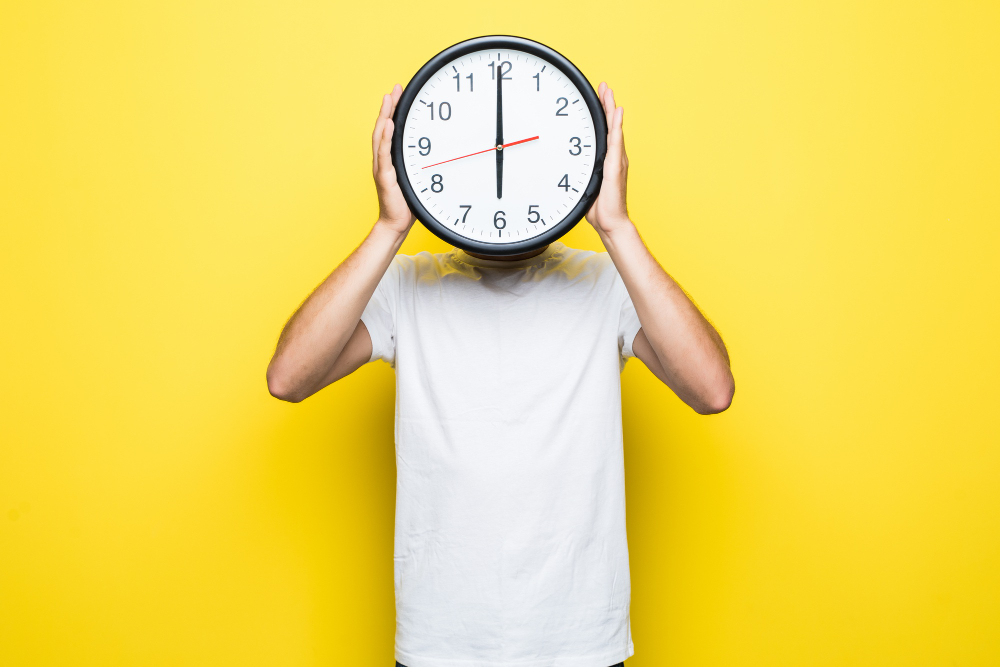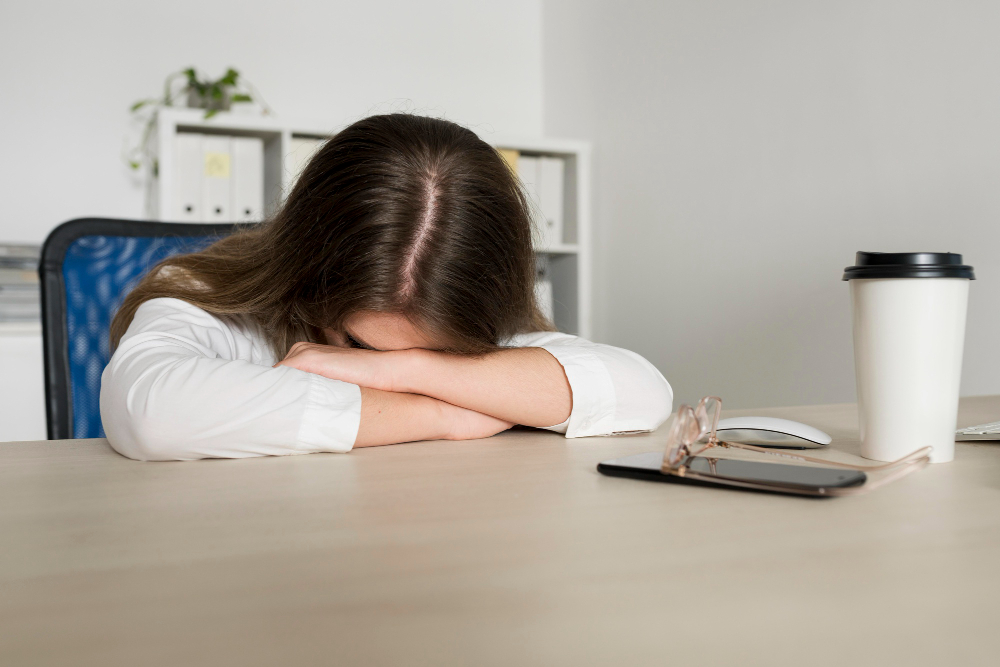Table of Contents
What is Hypersomnia?
In simple terms, hypersomnia is defined as the intense tendency for excessive sleepiness during the daytime. Otherwise referred to as Excessive Daytime Sleepiness (EDS), this medical condition can be of two types, namely, primary and secondary hypersomnia. The former occurs without the presence of any other medical conditions, while the latter occurs as an ill-effect due to the presence of other medical conditions like Parkinson’s disease, kidney failure, or chronic fatigue syndrome.
Causes of Hypersomnia
Causes of hypersomnia vary according to the type of this medical condition. Primary hypersomnia is caused due to the malfunctioning of a particular part of the brain that controls the functions of sleeping and waking up. While secondary hypersomnia is diagnosed as a side effect of the medications taken to alleviate the symptoms of some chronic diseases like sleep apnea. In this case, the patient may encounter breathing difficulties at night thereby breaking a good night’s sleep. Other causes point to the excessive consumption of drugs and alcohol. Whatever the reason be, there are multiple ways to prevent hypersomnia.
Common symptoms of Hypersomnia
People suffering from hypersomnia will feel tired and drowsy throughout the day despite taking frequent naps. Other symptoms include extreme fatigue, low energy, loss of appetite, anxiety, difficulty with remembering, etc to name a few.
Prevent hypersomnia
Once a person is diagnosed with hypersomnia, they are usually advised to bring about a lot of changes in their lifestyle as part of the treatment. The same stands for preventive measures. Since prevention is better than cure, incorporating preventive measures is widely accepted and highly appreciated.
1. Consistent sleep schedule
Since we all live in an advanced and high-tech world, it’s well understood without words, how work, social media, and other similar factors keep us awake at night. Overuse of phones isn’t good for our physical as well as mental health. Sitting in front of the laptop for hours at night as part of the work schedule and later scrolling through the trending social media apps without setting a time reminder can disrupt one’s sleep schedule. This is why one must ensure to take stringent measures to effectuate a digital curfew after which one must withstand the urging tendency to use them.
Craft a schedule according to which you must get down to bed daily. Remind yourself to set the schedule in such a way that you sleep for at least 8 hours each day. Following a consistent timely sleep schedule will notify your brain and body cells to get adapted to the new style. This is how following consistent sleep will help you prevent hypersomnia.

2. Exercise regularly
Exercising regularly can improve the quality of sleep. Any physical activities like cycling, jogging, hiit workouts have proved to be extremely beneficial for all those who struggle with sleep disorders. Vigorous exercises can help you decrease the time you fall asleep during the night and thus help you stay awake during the day. Hence an improved quality of sleep will mitigate your tiredness and boost you with energy to live through the day.
3. A favourable sleeping environment
To maintain good sleep hygiene, a serene environment is mandatory. Say like, a loud and noisy environment may hinder your sleep routine. A cool, quiet, and dark environment is considered an ideal environment to sleep in without any disturbances. Avoid the entry of light into the room and create a sleep-friendly bedroom to ensure comfortable surroundings to sleep blissfully.
4. Balanced diet
Sleep is a form of rest. A human being is one of the complex mechanisms in the world. Say like if the body is working frequently for 12 hours with a minimum break, it naturally urges to rest for a similar period. 8 hours of sleep a day is considered mandatory.
But people tend to oversleep and show other symptoms of hypersomnia due to the unbalanced procedure of equating rest. So here the question comes into play. What are the other factors that can rejuvenate and energize a human being, if not sleep? It is a balanced diet. Consumption of an adequate quantity of food and deliverance of essential nutrients, namely vitamins, minerals, proteins, carbohydrates, and water to all body cells can boost a person’s immunity. This in turn will mitigate a person’s tendency to drowse off in the morning productive hours.

Conclusion
The key factor to fight hypersomnia is simple. Do not worry about your sleep quality, but instead make simple efforts to improve the quality of your life. This is the easiest possible way to prevent hypersomnia from getting worse. Once your life quality improves, your sleep quota will naturally sink. So, remember if you enhance the quality of your life, you are unknowingly improving the quality of your sleep.



